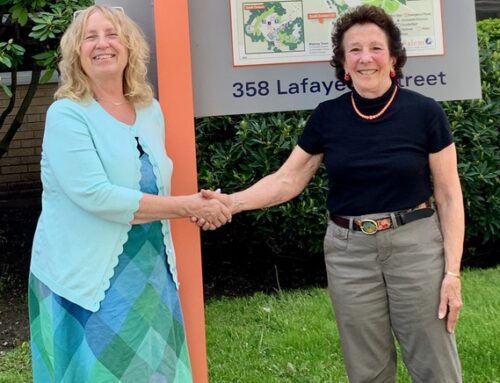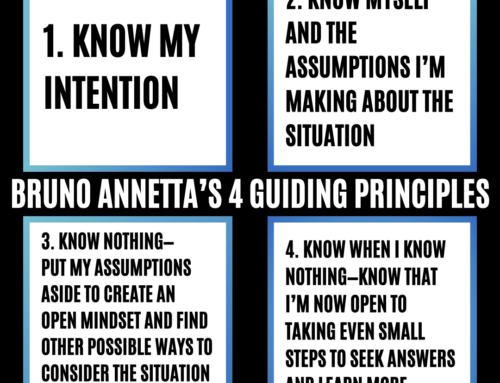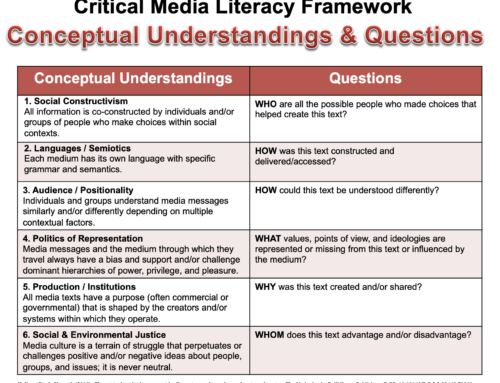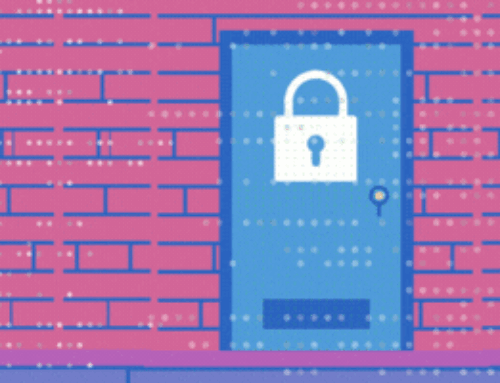Dear Friends and Colleagues,
In 2006, listening to the words “Got some things to talk about here beside the rising tide,” as the Grateful Dead sang Uncle John’s Band, I was inspired to bring forward to the Rex Foundation community ideas about the human rights framework. This led to publishing the newsletter Perspectives on Being Human, which became the inspiration for The World As It Could Be Program.
I had heard Uncle John’s Band many, many times before. The poignant question at the end of the first verse, “Wo-oh, what I want to know is are you kind?” always registered as such a vital concern. It seemed to me, as well as to many people I knew, that being kind to ourselves and others was essential to furthering the positive energy we optimistically hoped would be a major force for good in the world.
The San Francisco Chronicle Insight section recently included the opinion piece Random Lessons of Kindness—How We Can Learn to Care, by Jamil Zaki, an associate professor of psychology at Stanford University and head of the Stanford Social Neuroscience Laboratory. Mr. Zaki writes about the class he designed and introduced in January 2019, called Becoming Kinder, as a way to address the hopelessness he worriedly sees increasing within our culture. The core of the class is imparting a deep understanding of the importance of empathy, which he defines as “the ability to share and understand one another’s feelings.” Mr. Zaki reflects on his 15 years of study on empathy, noting:
“My colleagues and I have discovered that when individuals feel empathy in abundance, they are more likely to donate to charity, help strangers and avoid bias.”
The good news Mr. Zaki notes is that empathy can be learned and strengthened. He also implores the urgency of reclaiming empathy to reverse the growing polarization among people, and seeming insensitivity to what people experience that can cause pain, despair, anxiety and loss of dignity. Mr. Zaki provides research results on habits that lead people to become more caring. One I want to share here is: “When individuals make friends from different social groups – moving from ‘us to them’ to ‘you and I’ – they can form deep connections even across bitter cultural divisions.” This Stanford University article on connectedness and health provides additional insights on how social connections enhance empathy, as well as overall health.
This information strongly connects to what we learned about wellness with our 2018-19 Arroyo Rite of Passage class students. As described in this write-up of the Rite of Passage class, the students identified the high level of stress and anxiety due to lack of leisure time, fear of speaking up, and other life stresses affecting health, as the human rights issue to be addressed with their Community Action Project. With the concept of, and ultimate project theme, “Wellness is for Everyone,” they sought out and then organized information on what wellness is and how to incorporate healthy behaviors into our daily lives. The students learned about Emotional Intelligence, about mindfulness, as well as the importance of social connections to gaining wellness. One source of information was the April 24th New York Times article, “Putting Down Your Phone May Help You Live Longer,” by Catherine Price. Having read this article, the students wrote poems about what they learned relative to reducing stress and gaining health by putting down our phones. As has been the case since we began TWAICB, it is the wisdom of youth that can inspire us to positive change, as demonstrated by this poem by Arroyo student Eduardo Fraile:
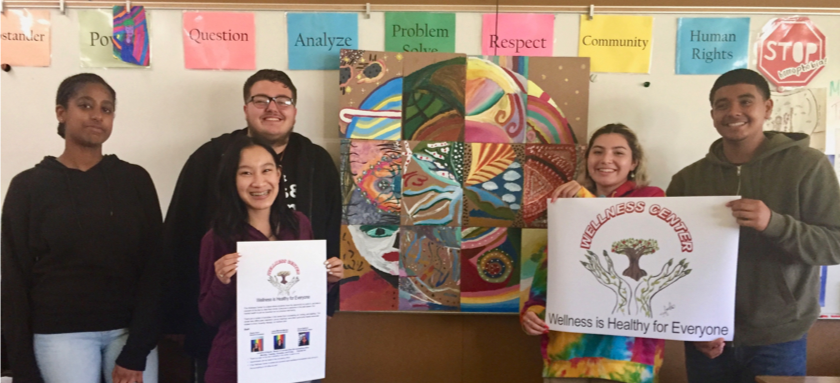
This information strongly connects to what we learned about wellness with our 2018-19 Arroyo Rite of Passage class students. As described in this write-up of the Rite of Passage class, the students identified the high level of stress and anxiety due to lack of leisure time, fear of speaking up, and other life stresses affecting health, as the human rights issue to be addressed with their Community Action Project. With the concept of, and ultimate project theme, “Wellness is for Everyone,” they sought out and then organized information on what wellness is and how to incorporate healthy behaviors into our daily lives. The students learned about Emotional Intelligence, about mindfulness, as well as the importance of social connections to gaining wellness. One source of information was the April 24th New York Times article, “Putting Down Your Phone May Help You Live Longer,” by Catherine Price. Having read this article, the students wrote poems about what they learned relative to reducing stress and gaining health by putting down our phones. As has been the case since we began TWAICB, it is the wisdom of youth that can inspire us to positive change, as demonstrated by this poem by Arroyo student Eduardo Fraile:
Put it down
Just for a little while
A day, an hour—put down your phone
Creating stress no need for that
Too many times does it disconnect us from the moment
Put down your phone
Feeling the phantom vibration
You might be controlled by it
Using it an average 4 hours a day
That’s a waste of time
Put down your phone
We have the people around us
To chat with them and get to know them
Just for a little while a day or an hour
Put down your phone!
While a clearly worthy endeavor, having to teach about kindness reflects the current challenges we face in continuing the efforts to bring about equality, justice and dignity for all people. Yet, we can gain hope from knowing we can learn to be kinder, and that even just connecting more and hearing each other’s stories can be a catalyst for strengthening our sense of empathy, and for moving the ball of positive change forward.
For our own wellness and that of our communities, we can take Eduardo’s call to action to heart: Let’s put down our phones, connect more with people and ask of ourselves and others, “Are we kind?”
With appreciation and best regards,
Sandy Sohcot, Director



